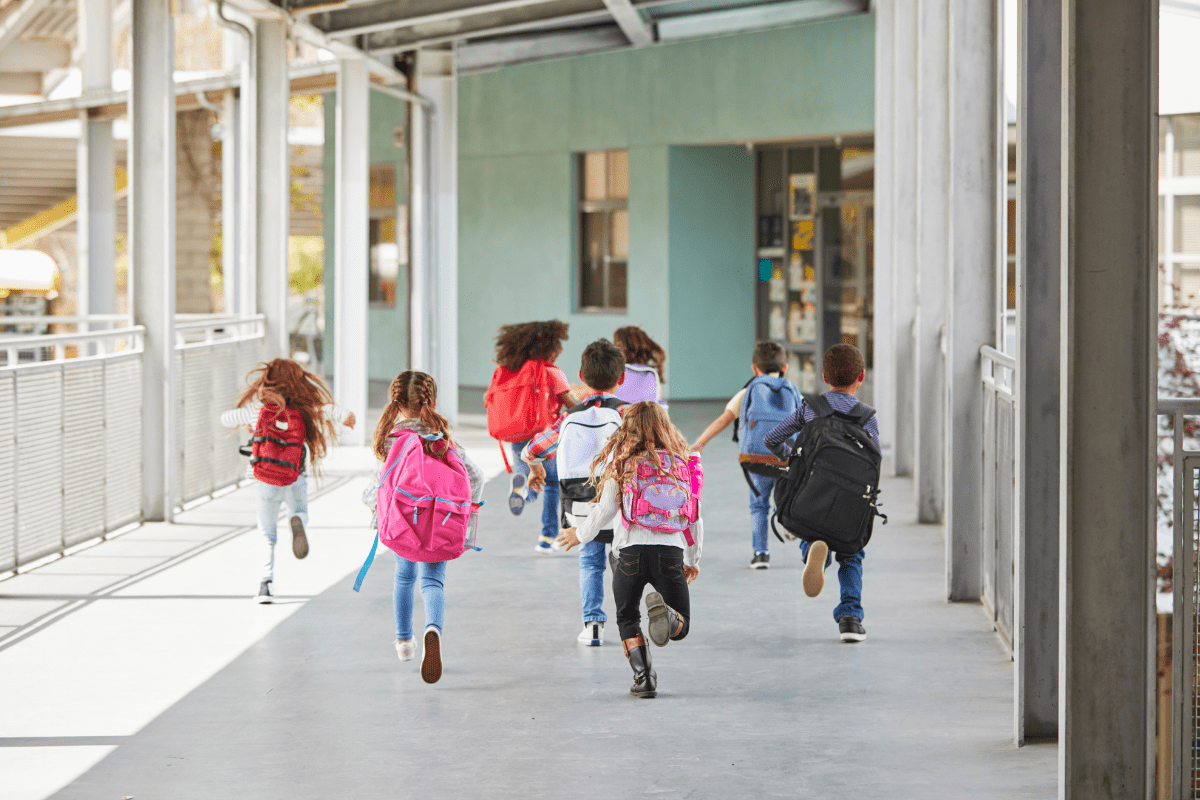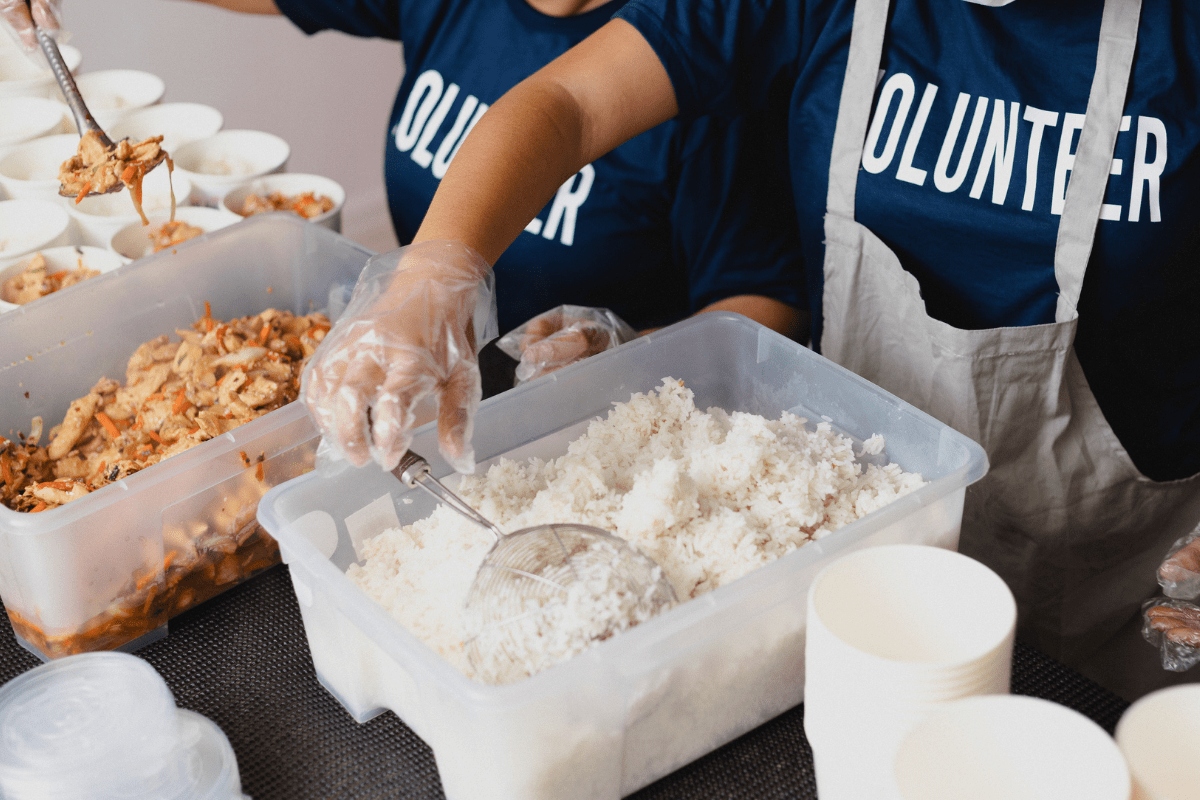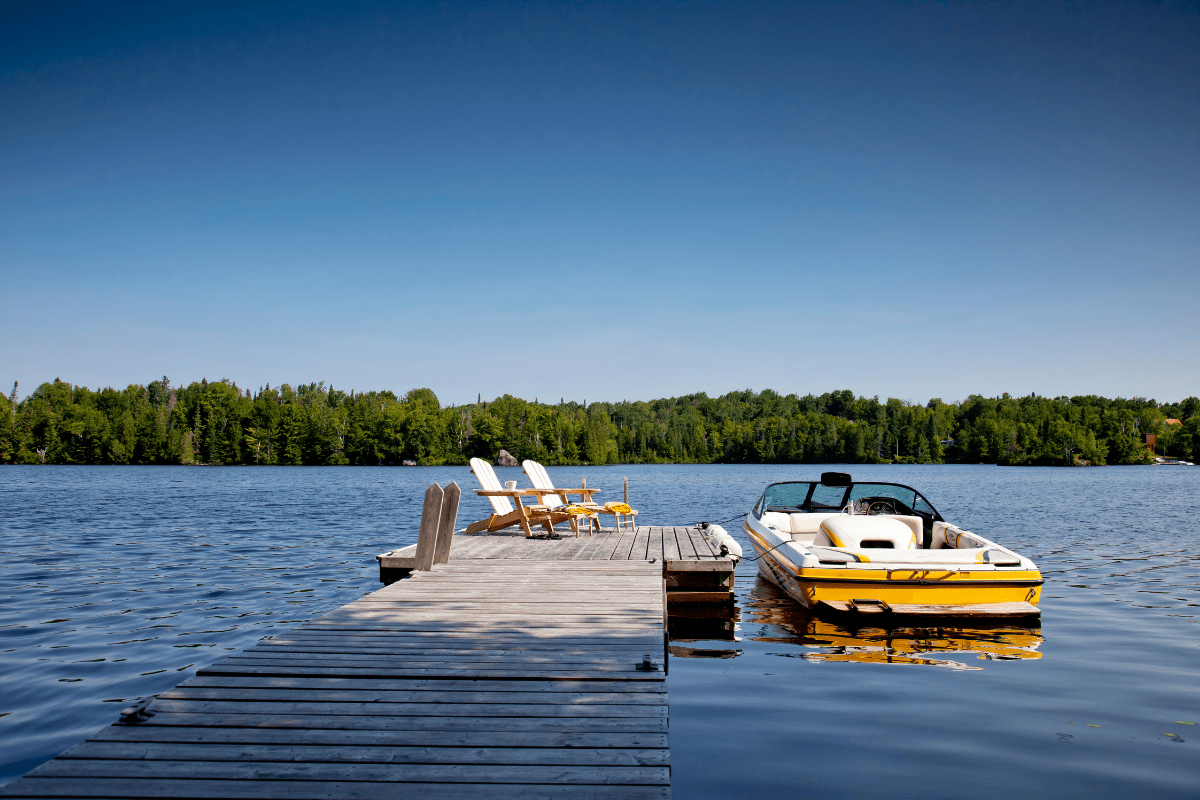If you're a Tacoma parent frantically googling "what do I do with my kid after school" while simultaneously checking work emails and wondering if 4 PM is too early for that glass of wine… welcome to the club. The good news? Tacoma has more after-school options than a toddler has excuses for not eating vegetables, and many of them won't even destroy your budget.
The surprisingly robust world of Tacoma after-school programs
Let's start with the headline that might make you do a double-take: every single elementary and middle school in Tacoma offers after-school programming. Yes, all 47 of them. That's not a typo, and no, you're not dreaming.
The crown jewel of this system is Beyond the Bell for elementary kids and Club B for middle schoolers. These programs run right at your child's school, which means no frantic race across town during rush hour. Elementary programs keep kids engaged until 5:45 PM Monday through Friday, while middle school programs wrap up at 5:00 PM Monday through Thursday. Because apparently middle schoolers need their Fridays free for… whatever it is middle schoolers do these days.
Here's where it gets even better: Club B is completely free. Zero dollars. Nada. For elementary programs through Beyond the Bell, you're looking at $96 for an eight-week session, but financial assistance can drop that to $48 or even free if you qualify. To put that in perspective, that's less than what many of us spend on coffee in a week.
The variety is genuinely impressive too. During the 2023-24 school year, they offered 1,594 different clubs. That's not activities… that's different clubs. We're talking everything from basketball and robotics to cooking and art. One mom told me her daughter went from "I hate school" to "Can I stay for coding club?" in about two weeks.
Your guide to full-day childcare that won't require a second mortgage
For those of us whose work schedules laugh in the face of a 5:45 PM pickup, there are licensed childcare options that run from the ungodly hour of 7:15 AM until 6:00 PM.
The YMCA option that comes with perks
The YMCA serves over 20 schools in Tacoma with their before and after-school programs. The pricing is refreshingly straightforward:
- Before school only: $350/month
- After school only: $375/month
- The full enchilada: $575/month
But here's the kicker… enrollment includes a free family YMCA membership. So while your kid is at after-school care, you could theoretically be working out. Or sitting in the sauna pretending to work out. No judgment here.
They also throw in a 50% discount on other Y programs, which suddenly makes those swim lessons or summer camps look a lot more doable. Their SCALED Learning curriculum focuses on collaboration and creativity, which is education-speak for "your kid will actually want to go."
Boys & Girls Clubs: Where nobody gets turned away
The Boys & Girls Clubs operate on a sliding scale that ranges from $50 to $140 per month, depending on whether you qualify for free or reduced lunch. Teen programs are practically pocket change at $5-15 monthly.
They have three main locations in Tacoma, including the Al Davies Branch in the Hilltop area. Their motto of "No child turned away due to inability to pay" isn't just marketing fluff… they actually mean it. I've seen families get creative with volunteer hours when even the reduced fees were a stretch.
Metro Parks Tacoma: The small but mighty option
Metro Parks offers licensed care at Stafford, Larchmont, and Reed Elementary schools. They cap enrollment at 30 kids per site with a 1:15 adult-to-child ratio, which means your kid won't get lost in the crowd. The downside? Those spots fill up faster than Taylor Swift concert tickets.
All these providers accept DCYF subsidies through Working Connections Child Care, which can cover up to 100% of costs if your family earns below 60% of the state median income. Yes, that's a lot of acronyms, but it could mean free childcare, so it's worth decoding.
Sports programs that'll tire them out (in the best way)
If your kid has energy that could power a small city, Tacoma's sports programs might be your salvation. Soccer is basically the unofficial sport of Tacoma youth, with options ranging from tot programs to competitive leagues.
North Tacoma Soccer Club has been around since 1972, which means they've survived disco, grunge, and whatever music kids listen to now. They welcome players from age 4 to 19, and yes, they have scholarships because they know not everyone has Premier League money.
The Tacoma Soccer Center runs year-round indoor leagues, which is perfect for our nine months of drizzle. Metro Parks also offers mini soccer for the 3-6 crowd and competitive leagues for K-5 students. Thanks to partnerships with companies like Land O'Frost, many Metro Parks programs are free for families who qualify.
Beyond soccer, Metro Parks runs pretty much every sport you can think of:
- Basketball leagues for future NBA stars
- Flag football for the contact-averse
- Gymnastics for the furniture climbers
- Rowing for kids who like water
- Tennis for the bougie aspirations
Registration for fall sports typically opens in August, with spring sports in February. Pro tip: Set a reminder on your phone because popular programs fill up within days.
Arts programs for the creatively inclined (or creatively curious)
Not every kid dreams of sports glory, and Tacoma's got those kids covered too. Tacoma Arts Live runs a Theater Conservatory out of the Historic Tacoma Armory for ages 4-18. Their sliding scale tuition runs from $110 to $475 based on income, because they believe drama should be accessible to all… the theatrical kind, not the middle school kind.
But the real gem might be Hilltop Artists, a completely free glassblowing program. Yes, you read that right. Free. Glassblowing. For kids. They serve over 650 students annually at Jason Lee Middle School and Wilson High School, and their seniors have a 100% graduation rate. Turns out telling teenagers they can play with molten glass is surprisingly motivating.
The Tacoma Youth Symphony runs eight different orchestras for ages 6-21, because apparently some 6-year-olds can play violin better than I can operate chopsticks. The Tacoma Art Museum offers drop-in TAM Studio activities, and the Museum of Glass has youth programs that don't involve your kid bringing home yet another painted pasta necklace.
STEM programs for future world-changers (or at least future IT support)
If your kid is the type who takes apart the toaster "to see how it works," Tacoma's STEM programs might save your appliances. Snapology uses LEGO bricks to teach robotics and engineering, which is genius because kids don't even realize they're learning.
Bricks 4 Kidz offers robotics and coding programs that include micro:bit programming and stop-motion animation. Meanwhile, Coding with Kids has been teaching Tacoma children to code since 2014, starting with Scratch for 5-year-olds and advancing to web development for teens. One parent told me her 8-year-old now fixes her computer problems, which is either amazing or slightly terrifying.
For the more academically ambitious (or parentally ambitious), UW Tacoma runs cybersecurity camps for grades 7-12. Because apparently "ethical hacking" is a career path now, and honestly, good for them.
The Point Defiance Zoo offers an Eco Explorers program that combines field biology with animal behavior observation. It's perfect for kids who think regular school needs more penguins.
Making it work financially (because money doesn't grow on trees, despite what kids think)
Let's talk dollars and sense. Or cents. Because every penny counts when you're funding a small human's activities.
First, get familiar with DCYF subsidies. Working Connections Child Care can cover up to 100% of childcare costs if your family earns less than 60% of the state median income. The application process requires patience and possibly a strong beverage, but free childcare makes it worthwhile.
Beyond the Bell offers financial assistance that can reduce costs to $48 per session or free. Most other providers have sliding scales, scholarships, or payment plans. The key is to ask… repeatedly if necessary. These organizations want kids in their programs, not sitting at home binge-watching YouTube.
Tacoma Creates distributes $6.4 million annually to over 80 nonprofit organizations, which translates to free field trips for all Tacoma Public Schools and heavily subsidized arts programs. The Greater Tacoma Community Foundation directs $1.8 million specifically to Black, Latine, and Indigenous communities.
Finding help in unexpected places
Sometimes you need more than just after-school care. You need someone who speaks your language (literally), understands your situation, or can help with more than homework.
The Tacoma Community House has been serving families since 1910, which means they've pretty much seen it all. They offer services in Spanish, Russian, Ukrainian, Vietnamese, and Japanese. Their Read2Me program provides free tutoring for grades 1-3, and they run adult education classes that help parents support their kids' learning.
For youth ages 12-24, the REACH Center provides everything from housing support to mental health counseling. Their drop-in space is open Monday through Friday from 9 AM to 5 PM, and they specialize in supporting LGBTQ+ youth and those experiencing family instability.
The Hilltop neighborhood, despite its challenges, has some incredible resources. Peace Community Center runs the McCarver Scholars program, combining academic support with social-emotional learning. The Eastside Community Center offers free Center Passes for anyone 18 and under, giving access to swimming, sports, and structured programs.
The nitty-gritty of registration (aka the hunger games of sign-ups)
Ready to dive in? Here's your battle plan:
Beyond the Bell registration happens through the COMPASS app, but first you need a ParentVUE account with an activation code from your school. It's like a video game where you need to complete level one before accessing level two, except the prize is after-school care instead of defeating a boss.
Key registration dates for 2025-26 (set those phone reminders now):
- Session 1: Register August 18-31
- Session 2: Registration opens November 3
- Session 3: Registration opens January 12
- Session 4: Registration opens March 23
Licensed childcare providers each have their own systems. The YMCA uses their MyCommunity portal, while Boys & Girls Clubs prefer the old-school method of showing up in person. Metro Parks uses their own registration system, which opens at dates they announce with roughly the same fanfare as royal proclamations.
Here's the crucial bit: popular programs fill within hours. Not days. Hours. Approach registration day like Black Friday shopping, minus the physical violence.
Transportation solutions (because teleportation isn't an option yet)
Tacoma Public Schools provides free transportation between schools and many after-school sites. Students living more than one mile from school qualify for regular transport, and activity buses serve major after-school programs. The My Ride K-12 app lets you track buses in real-time, which is handy when you're trying to time that grocery run.
For programs at your child's school, transportation is a non-issue… they just stay put. For off-site programs, some providers offer van service while others require parent pickup. Universal warning: late pickup fees are $25 after 6:00 PM. That's $25 you could spend on pizza, so maybe set multiple alarms.
Choosing quality programs (beyond "will they keep my kid alive until 6?")
Washington State has quality standards for after-school programs that include staff-to-child ratios of 1:15 or better, trained staff, and emergency procedures. But beyond the official standards, look for programs that balance structure with choice, coordinate with school-day learning, and actually communicate with parents.
Visit programs when possible. Watch how staff interact with kids. Are they engaged or just counting heads? Ask about their approach to discipline, homework help, and what happens on early release days. Talk to current parents… they'll give you the real scoop.
Research from Harvard shows quality after-school programs improve academic performance, social skills, and reduce behavioral problems. Plus, they give you time to finish a hot cup of coffee, which should be its own research category.
Your action plan (because reading without doing is just procrastination)
Start by figuring out what you actually need. Full-day care? Academic support? A place for your kid to burn energy? Be honest about your budget, including potential subsidies.
Next, create your accounts now, even if registration isn't open. Download the COMPASS app, get that ParentVUE activation code, and bookmark the registration pages. When registration opens, be ready to pounce like your kid on Halloween candy.
Apply for DCYF subsidies if you might qualify. The process takes time, but approved families get retroactive coverage. It's worth the paperwork marathon.
Finally, remember that finding the right fit might take a few tries. My neighbor's kid went through three different programs before finding his groove with robotics club. Now he builds things I don't understand and explains them to me with the patience of someone teaching a golden retriever calculus.
Tacoma's after-school landscape reflects a community that actually gets it… parents need to work, kids need enrichment, and nobody needs the stress of figuring it out alone. From free programs at every public school to specialized instruction in everything from glassblowing to coding, options exist for every family regardless of income or neighborhood.
The system isn't perfect. Registration can be competitive, transportation requires planning, and yes, you'll still occasionally get that dreaded "early pickup today" text. But compared to many communities, Tacoma parents have it pretty good. We've got options, support, and a community that believes every kid deserves a chance to discover what lights them up… even if it's setting glass on fire under professional supervision.




